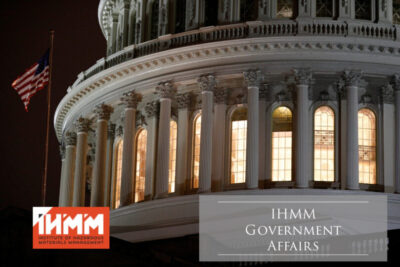Congress averted a government shutdown last week by passing a short-term spending bill but set up a frenzied year-end deadline to pass annual spending bills before the next president takes office.
The short-term continuing resolution funds the government at current levels until Dec. 20. House and Senate appropriators are still not in agreement on top-line spending numbers for the federal government in the 2025 fiscal year.
The December showdown over federal funding is just a preview of what awaits the next Congress, which will face trillions of dollars in expiring tax breaks and another debt ceiling deadline early next year.
House Speaker Mike Johnson (R-LA) had been under pressure from conservatives to force a government shutdown unless Democrats supported an unrelated measure that would require proof of citizenship to vote in federal elections. Johnson called that strategy “political malpractice” and instead relied on Democratic votes to pass a three-month funding bill that includes extra funding for the Secret Service and language authorizing the Federal Emergency Management Agency to spend money at a faster pace than usual given the extensive storm damage caused by Hurricane Helene.
What’s next: The new Dec. 20 funding deadline gives lawmakers 12 weeks to pass 12 annual spending bills that fund the government, and Congress is adjourned until Nov. 12.
- Congress could roll the appropriations into one omnibus package but Johnson vowed last week not to put an end-of-year omnibus on the floor.
“I’ve said very clearly, we’re not going to return to the omnibus tradition. We worked very hard to break that tradition,” Johnson said.
“We broke it into many buses the last time. We’ve got to build back muscle memory to run Congress the way it’s supposed to run, and the Republicans are committed to doing that. This would be a very important step, and we’ll see what happens in December.”


